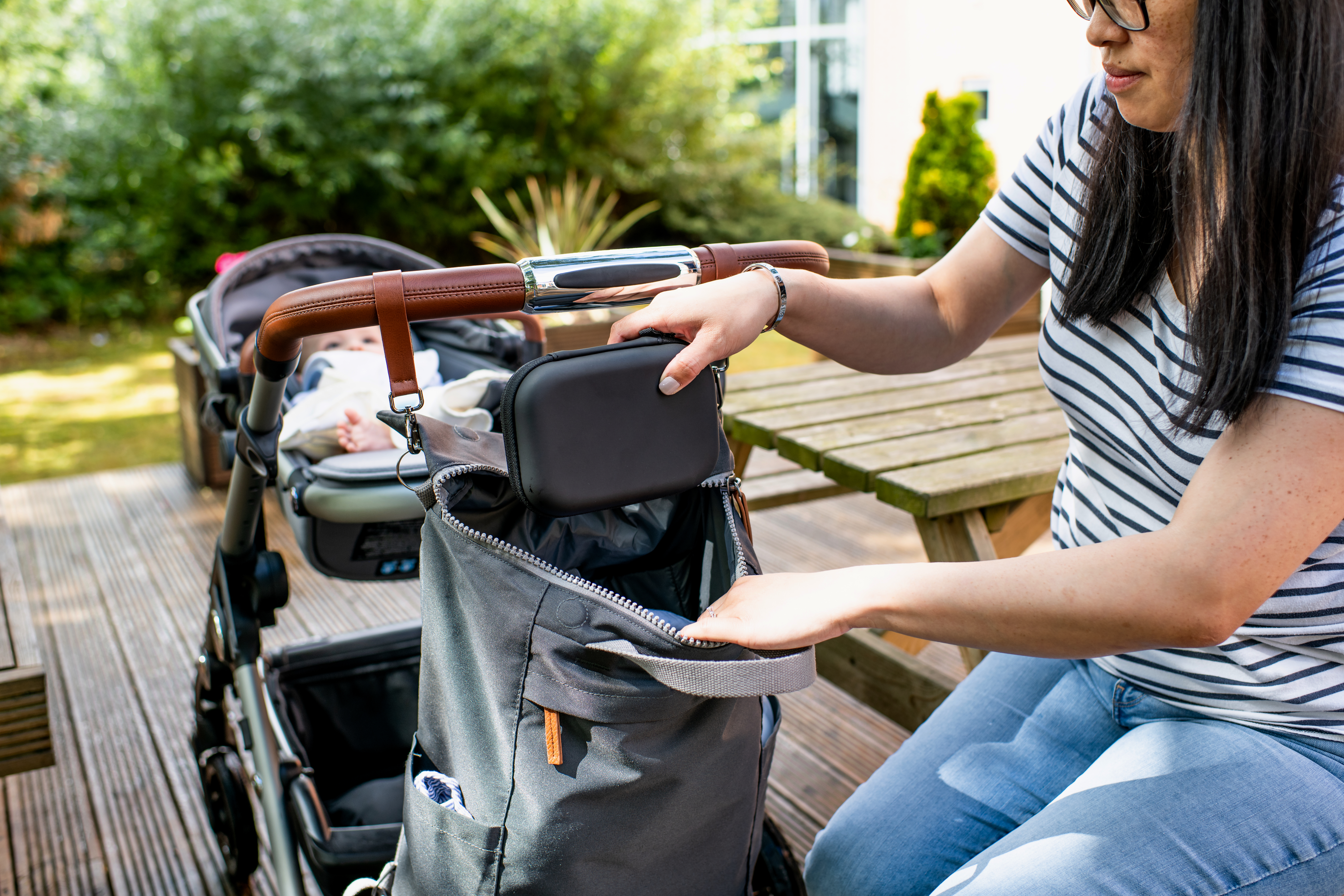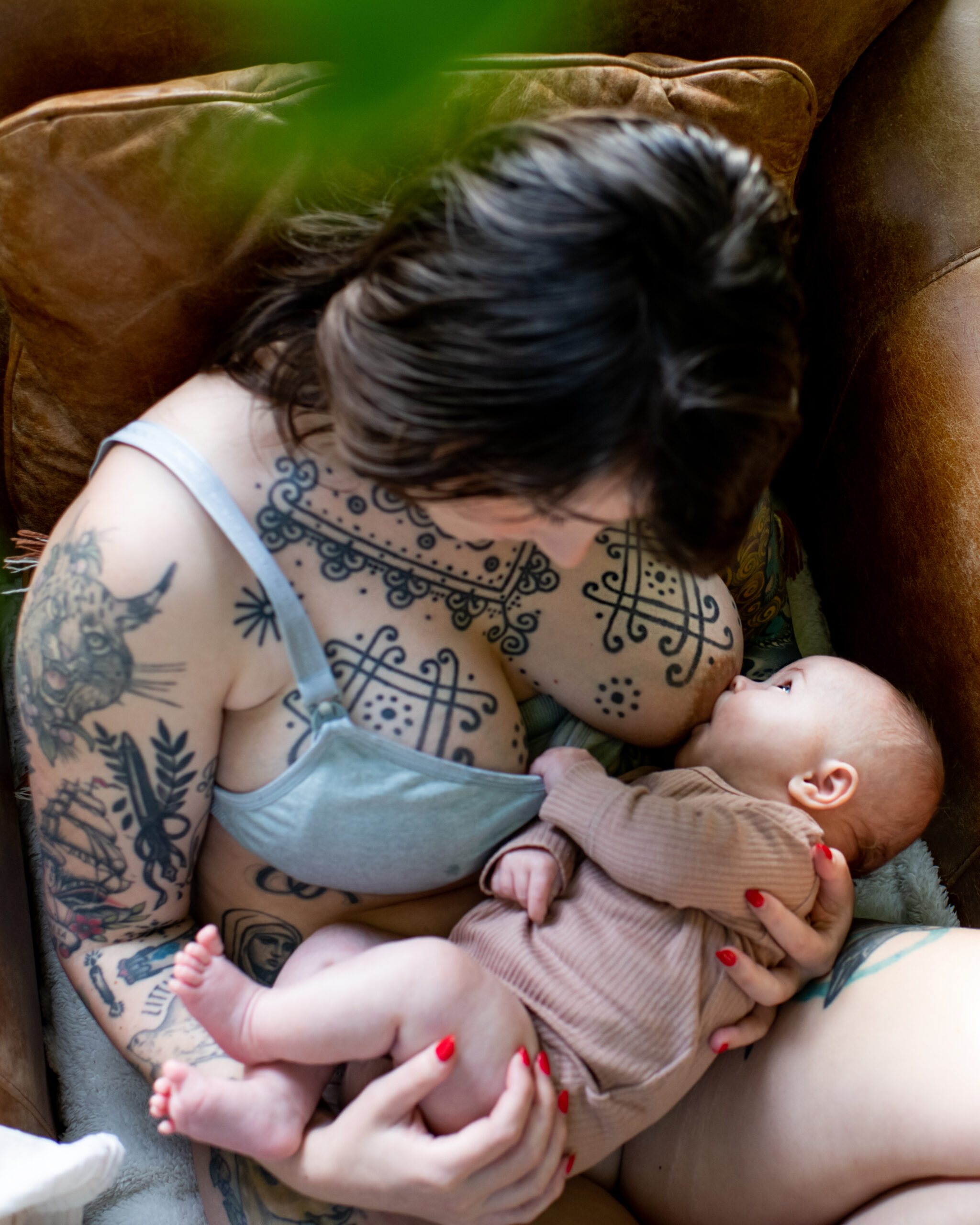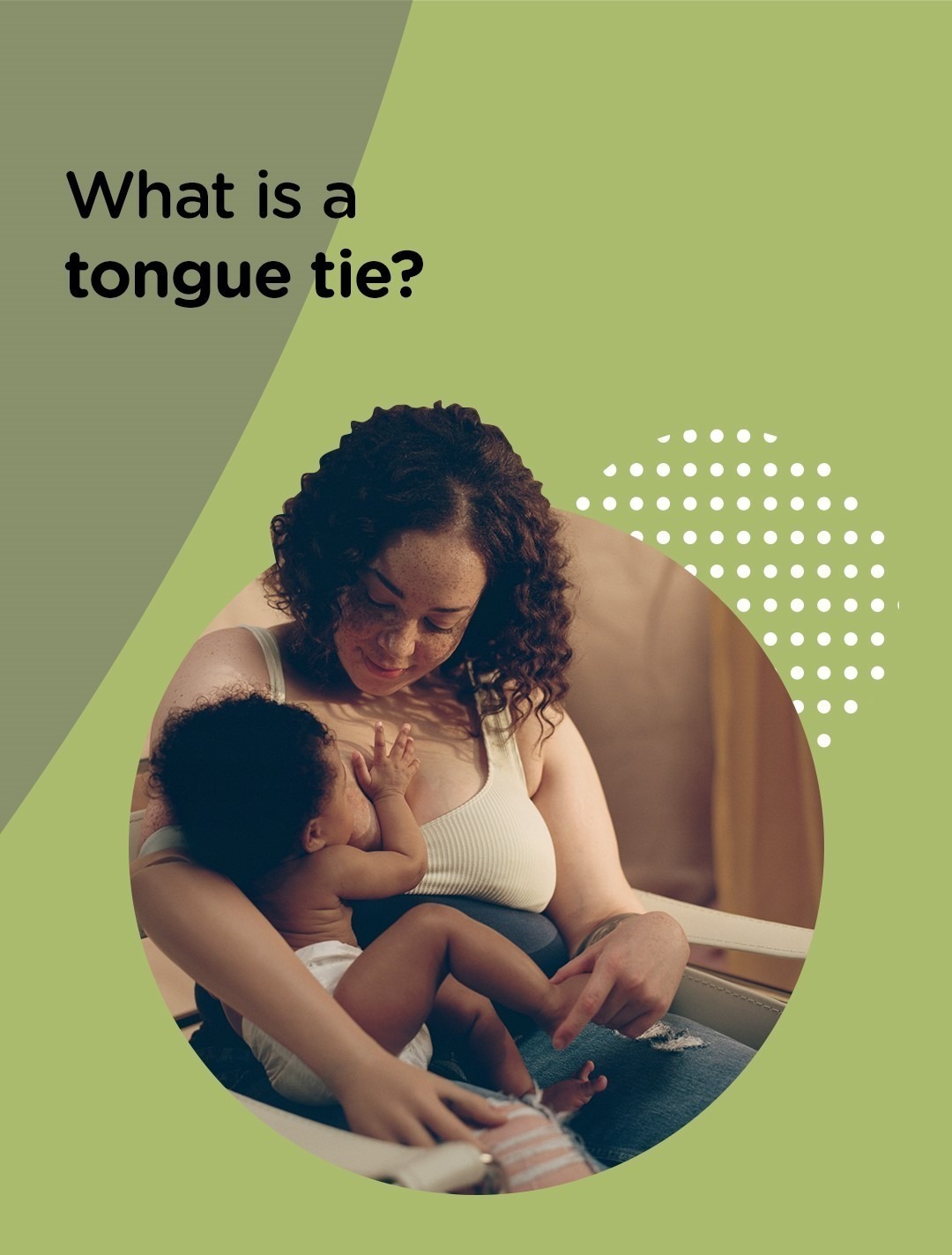Babies first begin to hiccup in the womb – you may even feel them jerk during pregnancy – and hiccupping continues once they’re born. The truth is, it’s very common, baby hiccups are usually harmless and will disappear naturally after a few minutes.
If you’re worried that hiccupping is becoming uncomfortable for your little one or interfering with their breathing, there are some things you can do to help.
What are baby hiccups?
Just like in adults, a baby’s hiccups happen when their diaphragm – a dome-shaped muscle that relaxes and contracts at the bottom of their chest – involuntarily contracts, and air is sucked into their lungs faster than it is during a normal breath. Once this air reaches baby’s vocal cords, they contract quickly and make the ‘hiccup’ sound that we’re all familiar with.
Why do babies get hiccups?
The truth is, there’s no single cause for hiccups in adults or babies, but it’s often thought that they’re brought on by trapped gas in the stomach.
Occasionally, hiccups can be a symptom of infant acid reflux. If this is the case, they will usually present alongside other symptoms like arching of the back and crying while feeding, being irritable, spitting up their feed, and coughing. If you spot these symptoms, contact a medical professional for advice.
How to get rid of baby hiccups
It’s important to remember that hiccups are not often cause for concern, and there isn’t a sure-fire cure for them. Usually, babies’ breathing isn’t affected, and they can even sleep through them without disturbance.
Hiccups typically stop on their own after a few minutes. But, if you do want to help ease or prevent your little one’s hiccups, you can give these tips and tricks a try…
Switch up your feeding position and pace
It can help to keep your baby upright or experiment by adjusting your breastfeeding hold or the position of their bottle when feeding them. You can also try to slow down the pace of your baby’s feeds and have a few more breaks to wind them during each feed.
Adjust the frequency of your feeds
Offering your baby smaller feeds more often can help them swallow less air and reduce the likelihood of hiccups.
Stay calm and relaxed
Try to make sure your baby is chilled during a feed and that the environment around you is calm. It can also help to make sure they have a clean nappy on and feel comfortable before you feed them.
Offer them a soother
Some parents find that giving their little one a soother helps to relax their diaphragm, and therefore eases baby hiccups.
Ask for advice
Although hiccups are common in both adults and babies, remember to trust your parenting instincts. Reach out to your doctor or health visitor for reassurance if you’re concerned about your baby’s hiccups or worried about trapped gas and reflux.


